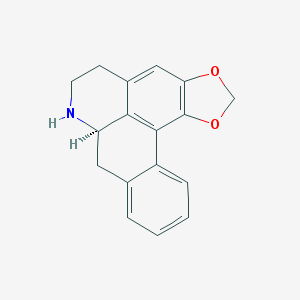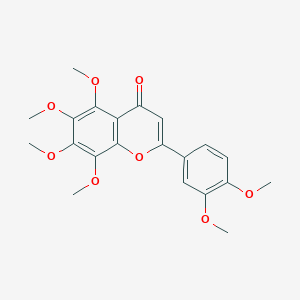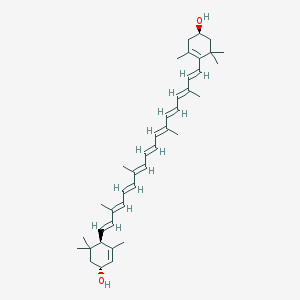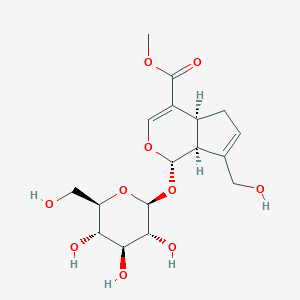Description
Anonaine is an alkaloid compound that is primarily derived from plants of the Annonaceae family, such as Annona muricata (commonly known as soursop or graviola). This family of plants is known for its diverse pharmacological properties, and anonaine is one of the compounds that contributes to these properties. Here are the main benefits and applications of anonaine:
- Analgesic Properties: Anonaine has been studied for its potential analgesic or pain-relieving effects. It may be beneficial in the management of pain, particularly in conditions where traditional painkillers are less effective.
- Anticancer Potential: Some studies have suggested that anonaine may have anticancer properties. It has been observed to induce apoptosis (programmed cell death) in certain types of cancer cells, making it a compound of interest for cancer research.
- Neuroprotective Effects: There is interest in anonaine’s potential neuroprotective effects. It may help in protecting nerve cells from damage or degeneration, which is significant in the treatment of neurodegenerative diseases.
- Antimicrobial Activity: Anonaine, along with other compounds found in Annonaceae plants, has been reported to possess antimicrobial properties. This makes it a candidate for the development of new antimicrobial agents, especially in a time when antibiotic resistance is a growing concern.
- Potential in Managing Diabetes: Preliminary research has indicated that anonaine might have a role in managing diabetes, possibly by influencing glucose metabolism.
- Sedative Effects: In traditional medicine, plants containing anonaine have been used for their sedative effects. This suggests potential applications in managing anxiety or insomnia, although more research is needed in this area.
- Application in Traditional Medicine: In various cultures, plants containing anonaine have been used in traditional medicine for a range of ailments, from digestive issues to infectious diseases.





